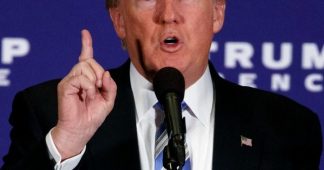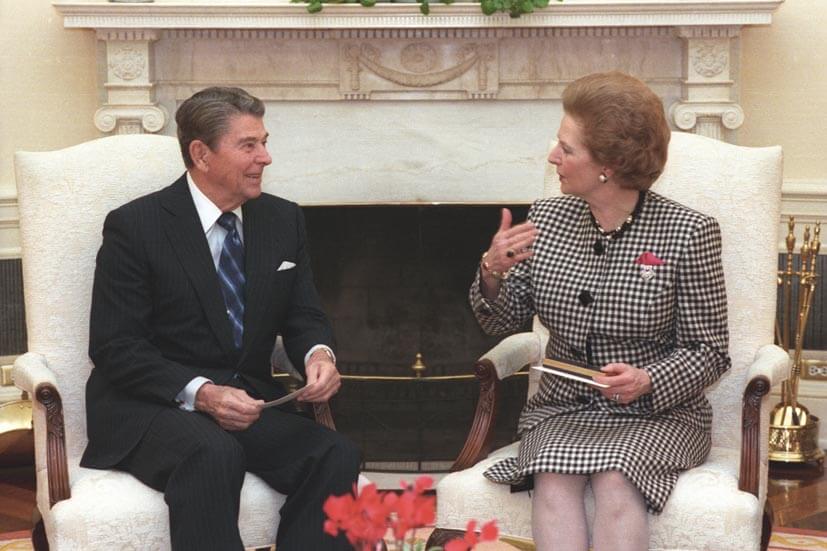Books, all will agree, are written for a variety of reasons—as literary or artistic expression, to instruct, persuade, or rebuke the reader, or to make money. The last, no doubt, is the most important reason, but there is yet another. There are books by people who, having made a great deal of money, believe that through a book they can enhance or perhaps redeem their public reputation. From the public applause or approval also will come enhanced self-esteem. The money is irrelevant; a book gives something or is thought to give something that money cannot buy.
All the volumes here under consideration are by men who have made some or a great deal of money and for whom, with one very likely exception, the royalties are irrelevant. Mr. Donald Trump has even said with something close to contempt that he is assigning all of his book earnings to charity. The exception with respect to royalties is Mr. Michael K. Deaver, who, having made money, as he says, far beyond any possible personal expectation, if still a small amount by the measure of Trump, Pickens, or Boesky, has seen all of it disappear in one single devastating outrush. In the absence of a successful appeal or a presidential pardon, Mr. Deaver himself will be living at public expense for the immediately foreseeable future. But to his wife, who will still be in the private sector, any book revenues will surely be welcome. Nonetheless, it was his public reputation that Mr. Deaver also had in mind in writing or, as one should possibly say, commissioning this book.
Since all these books were written to improve or retrieve the public view of the person in question, it is by such standard, in fairness, that they should be judged. Still, it is appropriate to comment on the literary and reportorial skill and the grammatical competence of the specialist or specialists hired to write them. That, after all, tells something, perhaps much, of the entrepreneurial skills of the individual in question, which these volumes are meant to display. Nothing in business is more important or more admired than the ability to get the right man for the right job, and writing someone else’s history in a publicly captivating way makes a demanding claim on judgment. But these books should be measured more directly by their success or probable success in putting the person in question in a good, or anyhow an improved, light.
At first glance, the greatest achievement is that of Donald J. Trump. As this is written, his case for public approval and applause has been at or near the top of the best-seller columns for some weeks. This compares, for example, with Mr. Boesky’s book, which, as I will later note, his publisher has sought diligently not to have sold at all. And I certainly would not deny this measure of success to Mr. Trump or to Mr. Tony Schwartz, whom his book was written “with.” A Wall Street Journal writer has pointed out that Mr. Trump also hired his own publicity agent to promote the book, who, in an interview, said that “nothing about this book has been an accident.” Nonetheless it has sold. There are writers who scorn those who make it to, let alone to the top of, the best-seller lists; this view, it is widely supposed, changes when the person is there himself or herself.
Yet there are flaws in the Trump achievement that contribute adversely, one judges, to his public image. For one thing, Mr. Schwartz’s grammar on behalf of Mr. Trump is recurrently defective; I allow an infrequent split infinitive, but his on occasion come two to a sentence. He has also allowed Mr. Trump to intrude recurrent and distracting observations on his personal thought patterns and behavior. “I am given to outbursts of anger but always keep myself under full control.” Or, anyhow, something along that line.
Read more: http://www.nybooks.com/articles/1988/05/12/big-shots/











